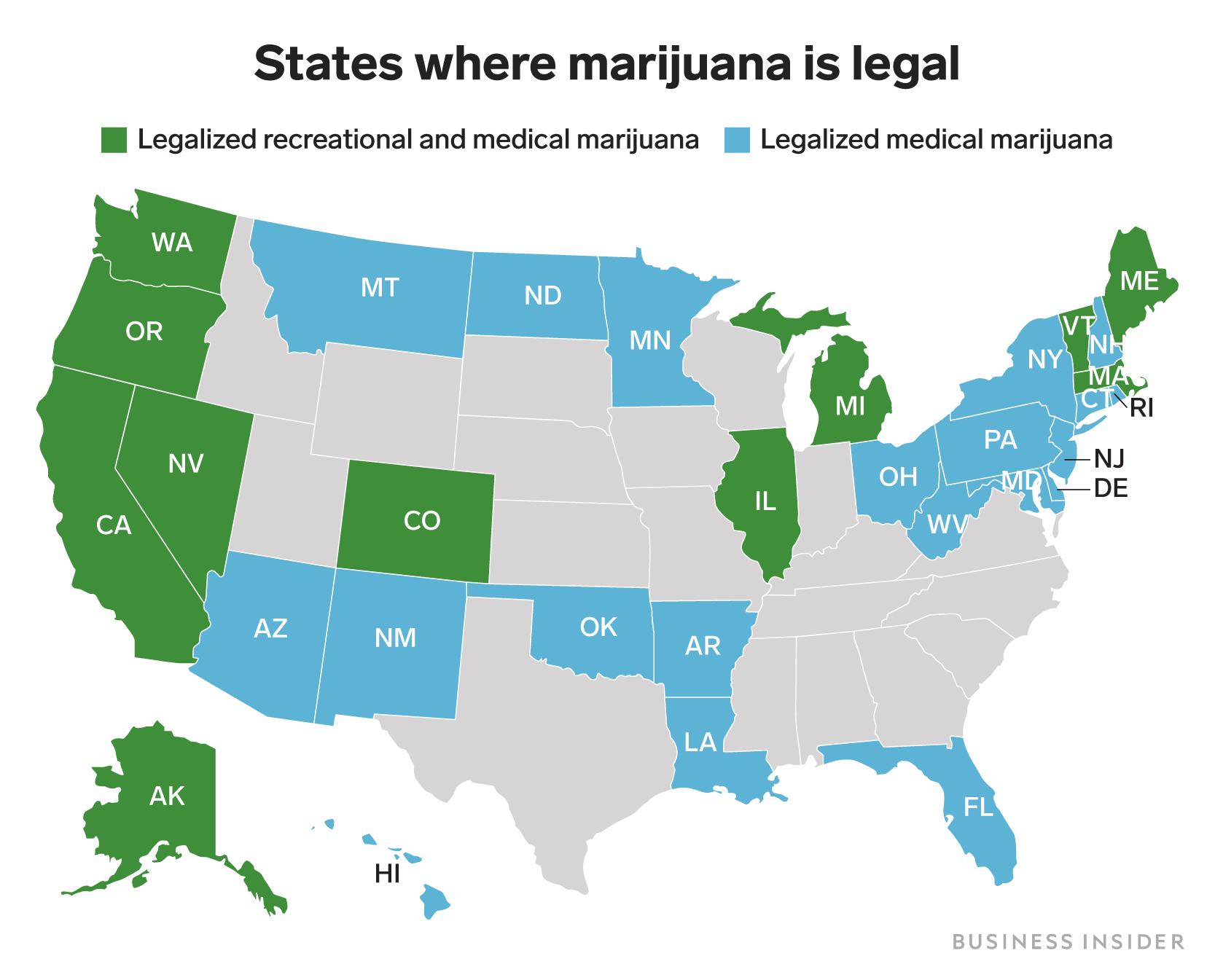- Legal marijuana sales begin in Illinois on January 1.
- Marijuana is legal in 11 states for adults over the age of 21, and legal for medical use in 33 states.
- Visit BI Prime for more stories, and subscribe here for our weekly cannabis newsletter, Cultivated.
Illinois residents can purchase marijuana legally for recreational use, starting today.
That makes Illinois the second midwestern state to make cannabis broadly available. Dispensaries opened for business in Michigan on December 1.
Illinois Governor JB Pritzker signed a legal marijuana bill into law in June. The bill contains a sweeping criminal justice component, expunging the records of potentially hundreds of thousands Illinois residents who have previously been convicted for possessing marijuana under previous laws. Up to 770,000 Illinois residents may qualify for expungement, according to ABC News.
The bill will also proactively create opportunities for minority business owners to capitalize on the new industry.
Read more: Here's how to land your dream job in the booming cannabis industry
Despite hiccups in New York and New Jersey, marijuana legalization is spreading around the US.
In 2018's midterm elections, Michigan became the 10th state to legalize recreational marijuana, and Utah and Missouri voted to legalize medical marijuana. Deep-red Oklahoma also voted to legalize medical marijuana in 2018, joining numerous other states that have such laws on the books.
Vermont became the first state to legalize marijuana possession - not sale - through its legislature in 2018 as well, rather than via a ballot initiative.
And, President Donald Trump also signed the bipartisan Farm Bill into law in December 2018, which legalized hemp - a plant that's roughly identical to marijuana but doesn't contain THC, a psychoactive compound in marijuana - nationwide.
Hemp is also a source of CBD, or cannabidiol, a popular, if scientifically untested ingredient in many cannabis-infused products.
Eleven states and Washington, DC, have now legalized marijuana for recreational use for adults over 21. And 33 states have legalized medical marijuana.
In October 2018, Canada legalized marijuana federally, becoming the first G7 country to do.
Mexico's Supreme Court also ruled that marijuana prohibition is unconstitutional, paving the way for the country's new leader, Andrés Manuel López Obrador, to follow Canada's lead.
Marijuana prohibition began roughly 80 years ago when the federal government banned the sale, cultivation, and use of the cannabis plant. It remains illegal at the federal level.
Overturning prohibition is one of the few hot-button topics with widespread support.
According to a recent Pew poll, 67% of Americans think marijuana should be legal, and 91% support making medical marijuana legal. Opposition to legalized marijuana has fallen from 52% in 2010, to just 32% as of November 15.
This article was first published in January 2018 and has been updated. Melia Robinson contributed to an earlier version of this post.
Alaska
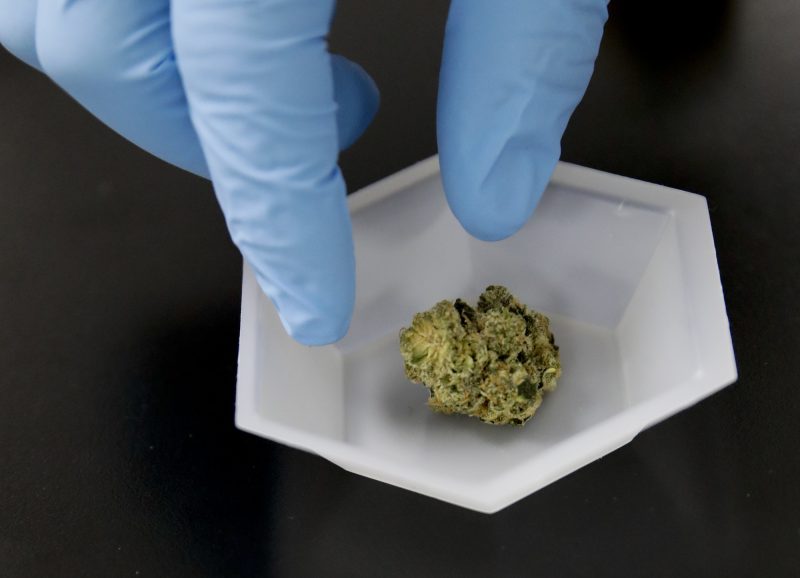
Adults 21 and over can light up in Alaska. In early 2015, the northernmost US state made it legal for residents to use, possess, and transport up to an ounce of marijuana- roughly a sandwich bag full - for recreational use. The first pot shop opened for business in late 2016.
Alaska has pounced on the opportunity to make its recreational pot shops a destination for tourists. More than two million people visit Alaska annually and spend $2 billion.
California

California was the first state to legalize medical marijuana back in 1996. California became even more pot-friendly in 2016 when it made it legal to use and carry up to an ounce of marijuana.
The law also permits adults 21 and over to buy up to eight grams of marijuana concentrates, which are found in edibles, and grow no more than six marijuana plants per household.
Getting Californians to buy legal weed - rather than from the black market - has been challenging since the law took effect, The New York Times reports.
Colorado
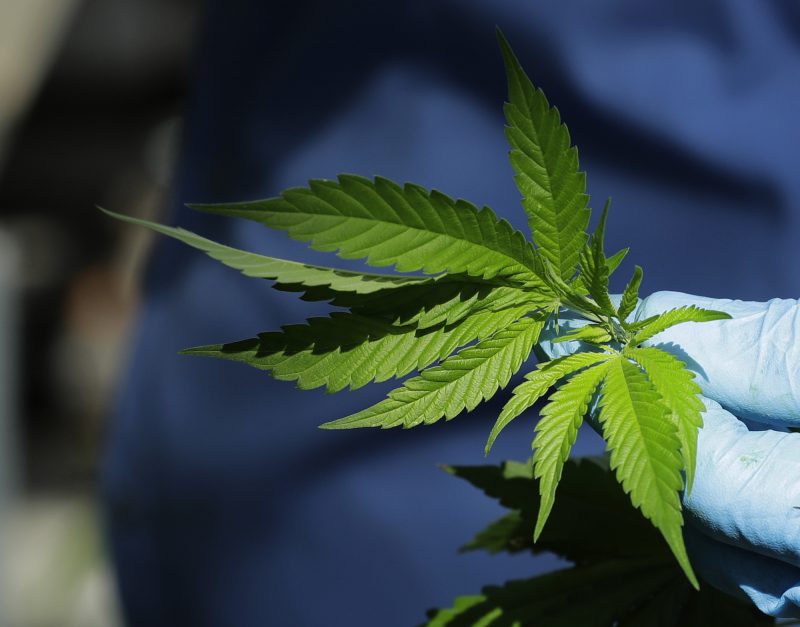
In Colorado, there are more marijuana dispensaries than Starbucks and McDonalds locations combined. The state joined Washington in becoming the first two states to fully legalize the drug in 2012.
Residents and tourists over the age of 21 can buy up to one ounce of marijuana or eight grams of concentrates. Some Colorado counties and cities have passed more restrictive laws.
Illinois
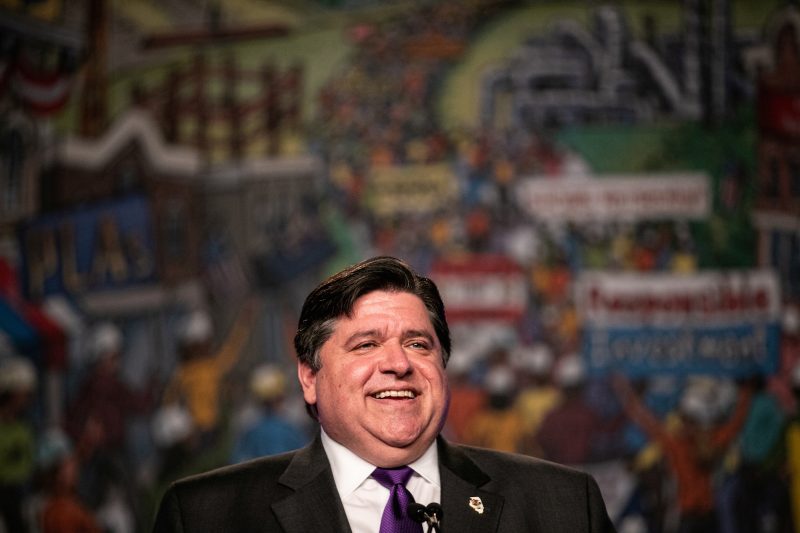
Illinois lawmakers in June passed a bill that legalizes the possession and commercial sale of marijuana in the state, starting on January 1.
Governor JB Pritzker, who made marijuana legalization a core component of his campaign for the governor's office, signed the bill into law earlier this year.
Legal marijuana sales in the state start on January 1, but you'll only be able to buy cannabis in a handful of locations initially. Just 28 dispensaries will be ready to sell recreational marijuana, according to The Chicago Tribune.
For its part, Illinois is the first state to legalize marijuana sales through the state legislature, rather than a ballot initiative.
Maine
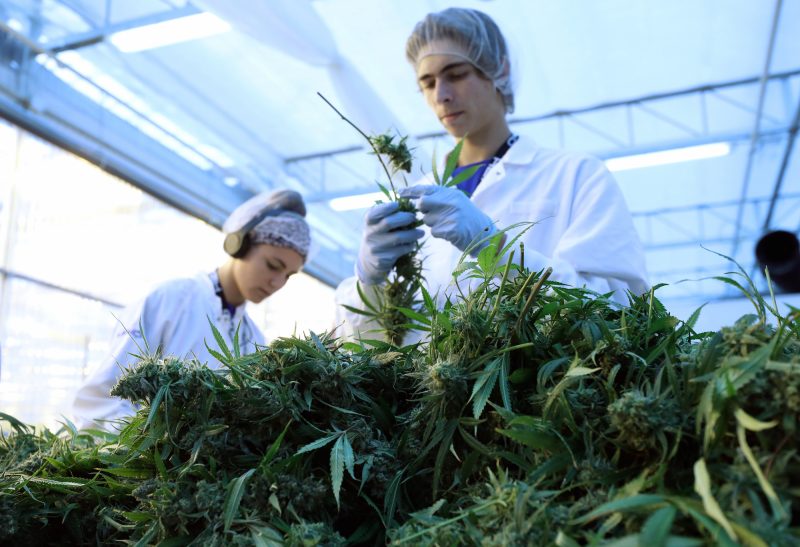
A ballot initiative in 2016 gave Mainers the right to possess up to 2.5 ounces of marijuana, more than double the limit in most other states.
Maine's legislature is still ironing out the details of how, and when, recreational pot shops will open in the state.
Massachusetts

In 2016, Massachusetts gave residents the green light to carry and use an ounce of marijuana and grow up to 12 plants in their homes.
The first pot shops opened in the state last year, with more to come, reports The Boston Globe.
Michigan

Voters in Michigan passed Proposition 1 in 2018, making it the first state in the Midwest to legalize the possession and sale of marijuana for adults over the age of 21. The bill allows adults to possess up to 2.5 ounces of marijuana and allows residents to grow up to 12 plants at home.
The law is more permissive than other states with legal marijuana: Most allow residents to only possess up to an ounce at a time.
Marijuana dispensaries in Michigan officially opened on December 1.
"The end of prohibition is historic," James Daly, the owner of a Michigan dispensary told The Associated Press. "We wanted to rip the Band-Aid off."
Nevada

Residents and tourists who are 21 and over can buy an ounce of marijuana or one-eighth of an ounce of edibles or concentrates in Nevada - while supplies last. Less than two weeks after sales of recreational weed began on July 1, 2017, many stores ran out of marijuana to sell.
The state has earned nearly $20 million in marijuana tax revenue since the market launched.
There's bad news if you want to grow your own bud, though. Nevada residents must live 25 miles outside the nearest dispensary in order to be eligible for a grower's license.
Oregon

Oregonians have enjoyed the right to carry an ounce of weed and grow up to four plants at home since 2015.
Sales in Oregon pot shops have exploded since legalization: they're expected to top $1 billion by 2020, reports The Portland Business Journal.
Vermont

Vermont became the first state to legalize marijuana through the legislature, rather than a ballot initiative, when Republic Governor Phil Scott signed a bill into law in January 2018.
Adults in the Green Mountain State can carry up to an ounce of marijuana and grow no more than two plants for recreational use. The new law went into effect in July 2018. But the bill is limited in scope. It doesn't establish a legal market for the production and sale of the drug.
Washington
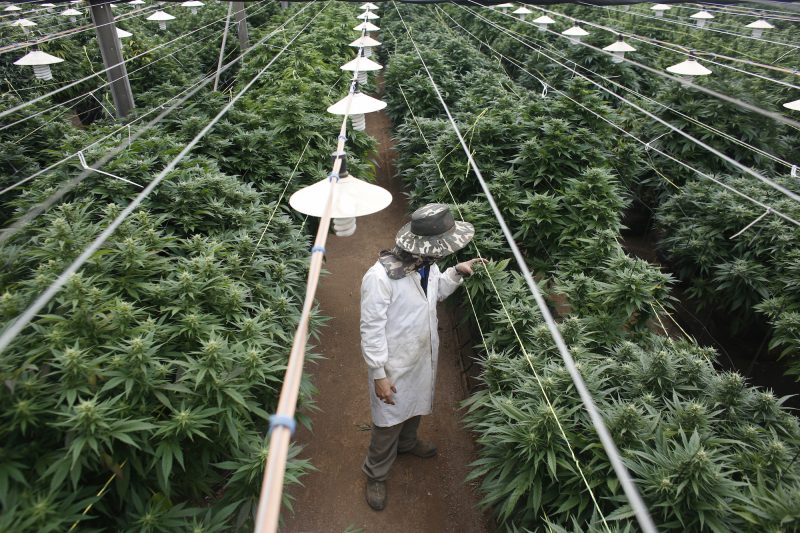
Dispensaries in Washington have raked in over $1 billion in non-medical marijuana sales since the drug was legalized for recreational use in 2012.
The state allows people to carry up to an ounce of marijuana, but they must require the drug for medicinal purposes in order to be eligible for a grower's license.
Washington, D.C.

Residents in the nation's capital voted overwhelmingly to legalize marijuana for adult use in November 2014.
The bill took effect in 2015, allowing people to possess two ounces or less of marijuana and "gift" up to an ounce, if neither money nor goods or services are exchanged.
New York and New Jersey may be next.
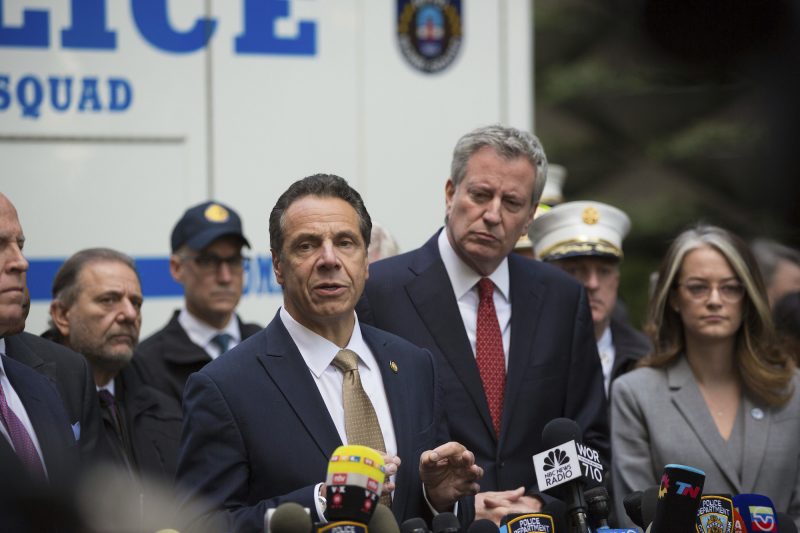
Since Massachusetts opened its first pot shops in November 2018, other states around the Northeast are considering legalization more seriously.
New York Governor Andrew Cuomo made legalizing marijuana a top priority for the first hundred days of his third term as governor, though that hasn't panned out. New York's legislative session ended on June 19, and the state was unable to pass marijuana reform.
And while New Jersey Governor Phil Murphy hasn't yet given up on legalization, it's not likely to happen this year after lawmakers couldn't reach an agreement on a marijuana legalization bill.
It's possible that New Jersey residents will vote on legal marijuana as a ballot initiative in 2020.
While the federal government under President Trump is no friend to marijuana reform laws, it's likely that we'll see action from Congress - with a Democrat-controlled House - easing tax burdens and banking restrictions on marijuana businesses and expanding access to medical marijuana next year.
